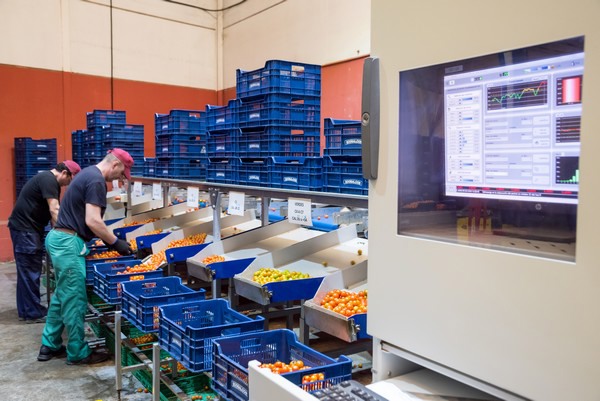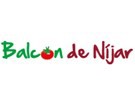The tomato supply is still limited in the European markets, and even more so for cherry tomatoes. In Almeria, one of the most important Mediterranean production areas at this time of the year, the cherry tomato production continues to be very small due to the impact of a cold spell in January and February following some excessively warm months, although the rise in temperatures suggests that volumes will begin to recover in the coming weeks and prices will adjust.
"At the moment, the cherry tomato supply is quite low, especially that of the plum cherry, of which there's only one-sixth of what we were harvesting in mid-February. There is also a very noticeable shortage of cherry on the vine, while the situation of the round cherry is not as bad," says David Caparros, manager of the Almeria-based company Balcon de Nijar, which is devoted to the production and marketing of organic vegetables, and is specialized in cherry tomatoes all year round.

Therefore, prices are still at very high levels, which has led to a certain reduction in the demand. "Prices at origin are very high due to scarcity and high costs and, generally, they are three times higher by the time they reach the supermarket shelves. In many cases, the shelf space for cherry tomatoes has been reduced," says David Caparrós.
"Generally speaking, regular products have not enjoyed any advantage price-wise over organic products. There have even been times when conventional prices have been higher due to the low supply, and organic products have then been sold as conventional," he says.
Other tomato-producing countries, such as Morocco and Turkey, have also experienced problems with the production like those of Spain. "Prices have risen to such an extent that Morocco and Turkey have gone so far as to limit exports to protect their citizens and allow them to continue buying at affordable prices, which has contributed to the limited supply in Europe. This shows that they are not reliable origins," says the manager of Balcón de Níjar.
After a period of winter cold from mid-January to the first week of March, temperatures have quickly gone up again. Products more sensitive to temperatures, such as zucchini, eggplant, or cucumber, have already seen their production grow rapidly, and prices are plummeting. However, in the case of tomatoes and bell peppers, it will still take a few weeks for volumes to rebound.
"If the good weather continues, the production will start to grow in about two weeks, and from then on, it will keep increasing quite a bit. In the run-up to Easter, we hope to have double the supply of cherry tomatoes compared to what we have now," says David Caparrós.
Meanwhile, the first Dutch cherry tomatoes are also expected to arrive in the markets in a couple of weeks. "This would be beneficial for us, as it would cover the big gap in the supply, bring prices to normal levels and ensure a rise in the demand by the time we reach our production peaks," says the manager of Balcon de Nijar.
 For more information:
For more information:
David Caparrós
Balcón de Níjar
Tel.: +34 950 955 936
Mob.: +34 619784 016
[email protected]
www.balcondenijar.com
